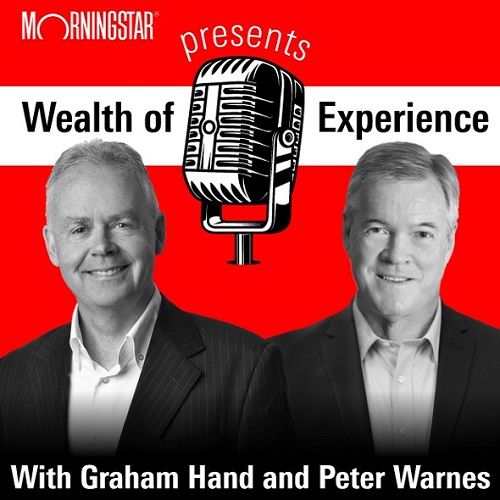Season 2, Episode 11
Special guest John Pearce, Chief Investment Officer at UniSuper, explains why the 60/40 portfolio is far from dead, that governments not central banks are to blame for the recent inflationary spiral, why history is a dangerous guide to the future, and how UniSuper has recently invested heavily in the downtrodden US banking sector.
Morningstar's Peter Warnes tells us why events today remind him of 2007, a year before the financial crisis hit.
And Firstlinks' Managing Editor, Graham Hand, gives an update on developments in listed investment companies and listed investment trusts, including planned delistings from Neuberger Berman and Forager, the ongoing battle over Magellan Financial's Global Fund, and Wilson Asset Management's latest offering.
The podcast is also available via our dedicated website page, Google Podcasts, Apple Podcasts, Spotify, and BuzzSprout.
Please share with friends and colleagues, and a favourable rating would help spread the word. We welcome questions and suggestions at [email protected].
Grab a cuppa and settle in for our chat.
James Gruber
Editorial, Firstlinks and Morningstar
